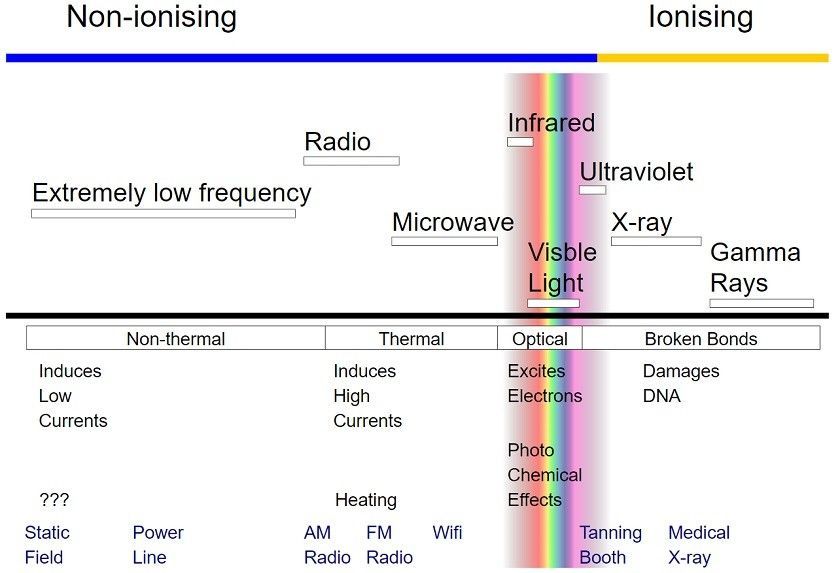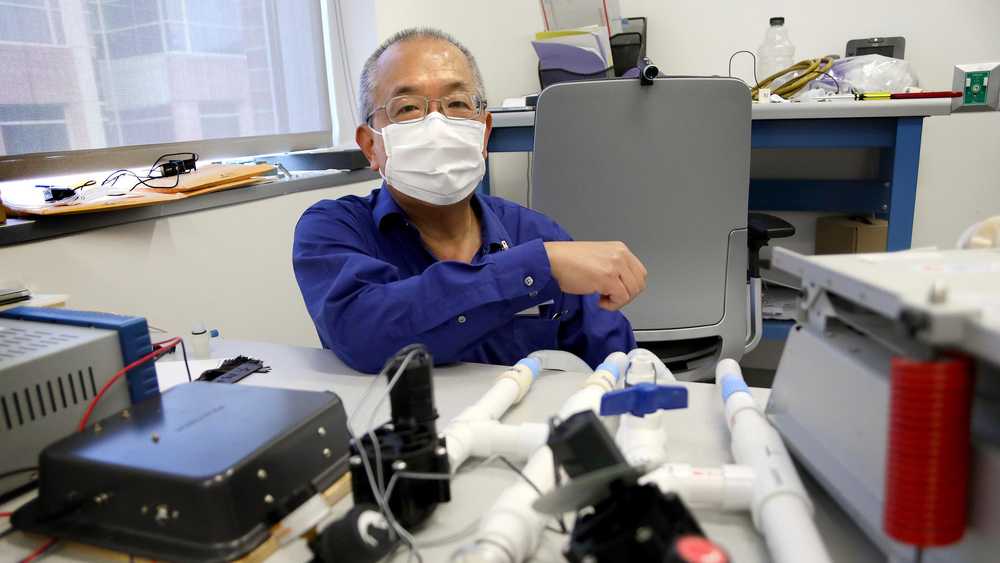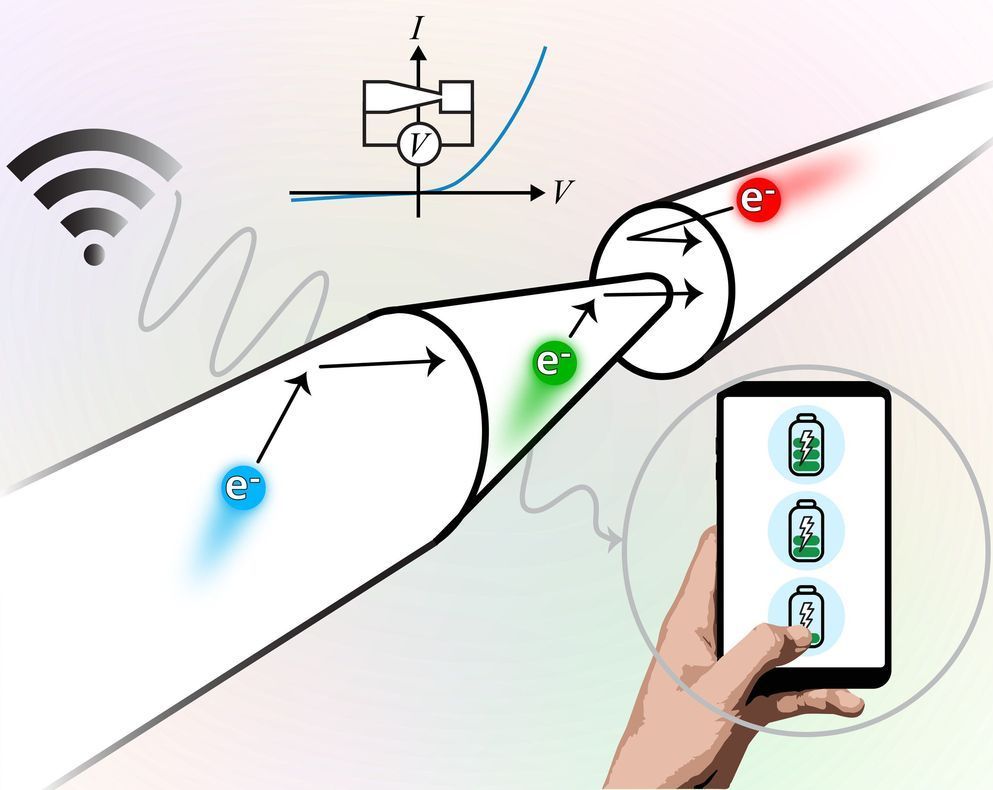AT&T is connecting IoT robots, in new partnerships with Xenex and Brain Corp., that aim to help hospitals and retail establishments like grocery stores keep facilities clean, kill germs and keep shelves stocked more efficiently.
Chris Penrose, SVP of Advanced Solutions at AT&T, told FierceWireless that the robots are riding on the carrier’s 4G LTE network, rather than narrowband IoT (NB-IoT) or LTE-M networks. That’s because of the large amounts of data they need to push, along with latency and speed requirements for these particular use cases.
In the robotics space, AT&T is typically leaning more toward using LTE and potentially 5G in the future, Penrose noted.






